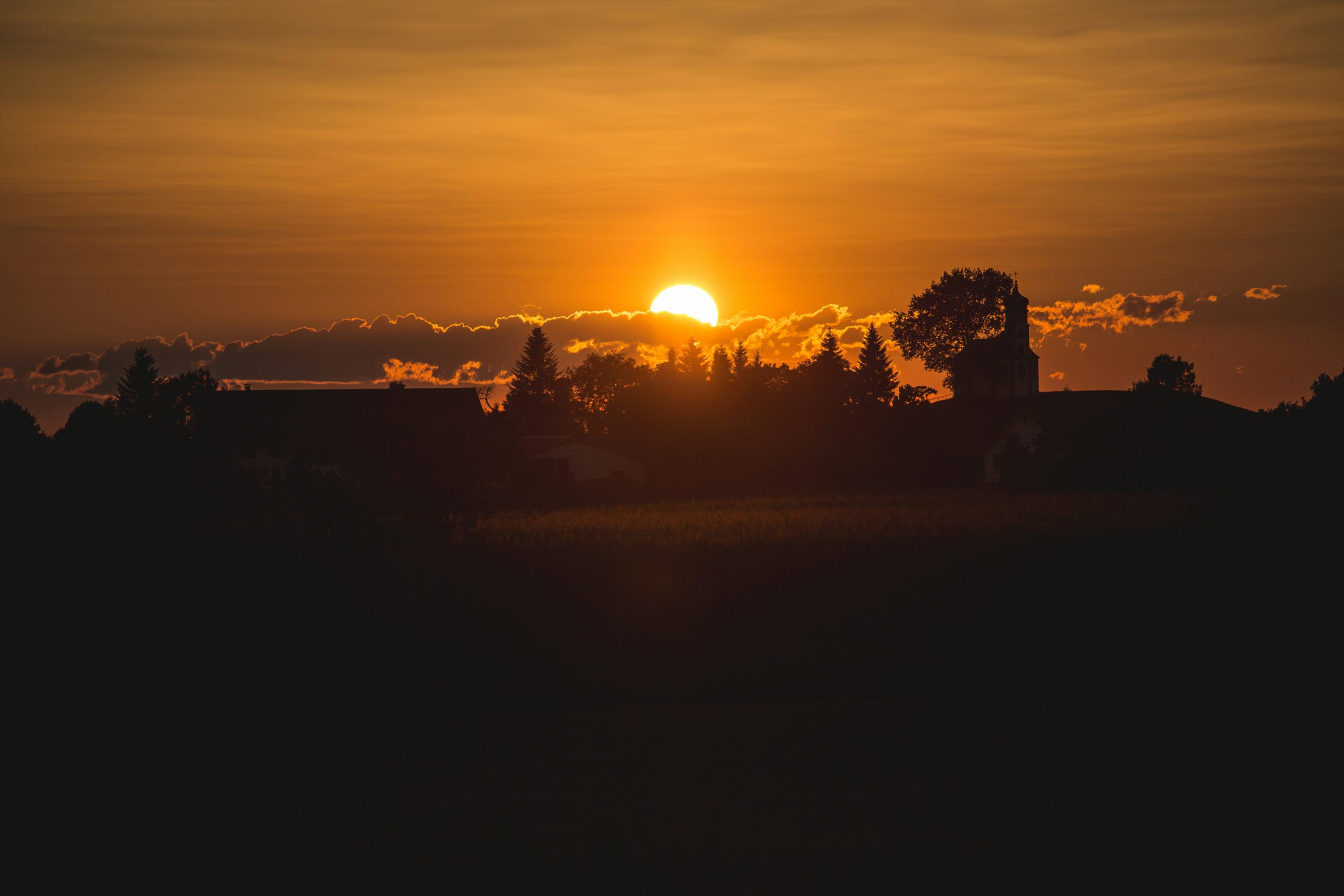You may have been annoyed when the clocks turned back this month and you lost an hour of sleep. At least one professor at York, and a group of biologists and other scientists are annoyed on your behalf.
“[Daylight Saving Time] is a bad idea, because we’re moving away from our natural need to synchronize our internal clocks with the sun,” explains Patricia Lakin-Thomas, a professor of biology at York University.
Lakin-Thomas says there are several independent clocks all over the body, “but they’re all set and synchronized by the information coming from your brain clock.” This consists of a group of cells in the hypothalamus known as the suprachiasmatic nucleus, which receives information from cells in the retina about the quantity of light around you. It uses that information to regulate the clocks that maintain bodily functions.
“Springing forward” in March causes issues in and of itself, with the disorientation causing us to be “a little bit physiologically disorganized” in the short term, explains Lakin-Thomas. But it also makes us “chronically circadian desynchronized” throughout the half of the year in which we experience Daylight Saving Time.
Scientific consensus
Equally concerned about the impact of Daylight Saving Time is the Canadian Society for Chronobiology (CSC), a research organization on whose Board of Directors Lakin-Thomas serves. She explains that the society “brings together researchers from all across Canada who all work on circadian clocks at every level.”
CSC released a position paper in 2022 on this topic, which calls the twice-yearly time changes “not only inconvenient and socially disruptive, but also […] responsible for short-term negative impacts.” Instead, they promote year-round standard time, which “puts the social clock closer to our intrinsic body clock, our circadian rhythm.”
The short-term impacts, according to Lakin-Thomas, include sudden health calamities like heart attack or stroke, as well as workplace and car accidents. “There’s even one paper I ran across that says judges give longer sentences to criminals right after the time change,” she adds. The long-term problems, meanwhile, are “the usual suspects: overweight and obesity, heart disease, and cancer.”
Sunny summer afternoons
Meanwhile, many people say they appreciate Daylight Saving Time since it gives extra time with the sun later in the evening, especially during the warmer months. This preference was indeed part of the reason Daylight Saving Time began, says Lakin-Thomas. “The guy who was proposing it in England, William Willet, was a keen outdoorsman,” who wanted more usable sunlight for recreation.
Other justifications were to save energy spent on heating and artificial light, both during the World Wars and the energy crisis of the 1970s. Analyses have not found, however, much savings overall. “It’s a washout,” says Lakin-Thomas.
“Daylight saving time has great press. It sounds wonderful. It sounds like daylight is in danger and we need to save it,” she adds. But Lakin-Thomas still believes the health impacts she and her colleagues speak about overshadow any potential benefits. “I think the discussion is actually building and going in the right direction,” she says. “I do have the feeling that there’s more understanding out there about the negative impacts.”
Sleeping well for students
Excalibur also asked Lakin-Thomas for some advice for students when it comes to sleep schedules.
“Don’t ignore the fact that you have a biological clock. It’s quite powerful and you can’t fight it,” she says seriously. “Some people have this idea that sleep is a habit and… you might train yourself into a different schedule that you like better, but you really can’t fight your biological clock.”
To work with –– rather than against –– that clock, she recommends “[getting] out early, close to dawn, [getting] bright light in the morning to reset your clock, and then in the evening keep away from the blue light screens for several hours before bedtime.”
She concludes: “And if you can do that as a student, good for you!”


